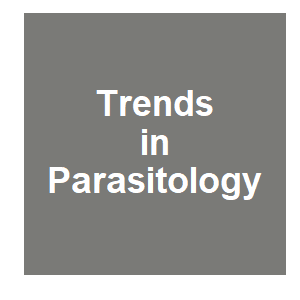Mosquito transgenesis for malaria control

|
S. Dong, Y. Dong, M. L. Simões and G. Dimopoulos,
Trends in Parasitology,
2021.

Malaria is one of the deadliest diseases. Because of the ineffectiveness of current malaria-control methods, several novel mosquito vector-based control strategies have been proposed to supplement existing control strategies. Mosquito transgenesis and gene drive have emerged as promising tools for preventing the spread of malaria by either suppressing mosquito populations by self-destructing mosquitoes or replacing mosquito populations with disease-refractory populations. Here we review the development of mosquito transgenesis and its application for malaria control, highlighting the transgenic expression of antiparasitic effector genes, inactivation of host factor genes, and manipulation of miRNAs and lncRNAs. Overall, from a malaria-control perspective, mosquito transgenesis is not envisioned as a stand-alone approach; rather, its use is proposed as a complement to existing vector-control strategies. More related to this: Gene drive turns mosquitoes into malaria fighters Gene drives to fight malaria: current state and future directions Here’s the Plan to End Malaria With Crispr-Edited Mosquitoes
|



